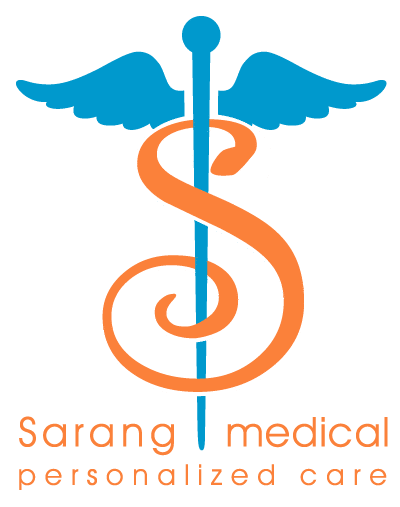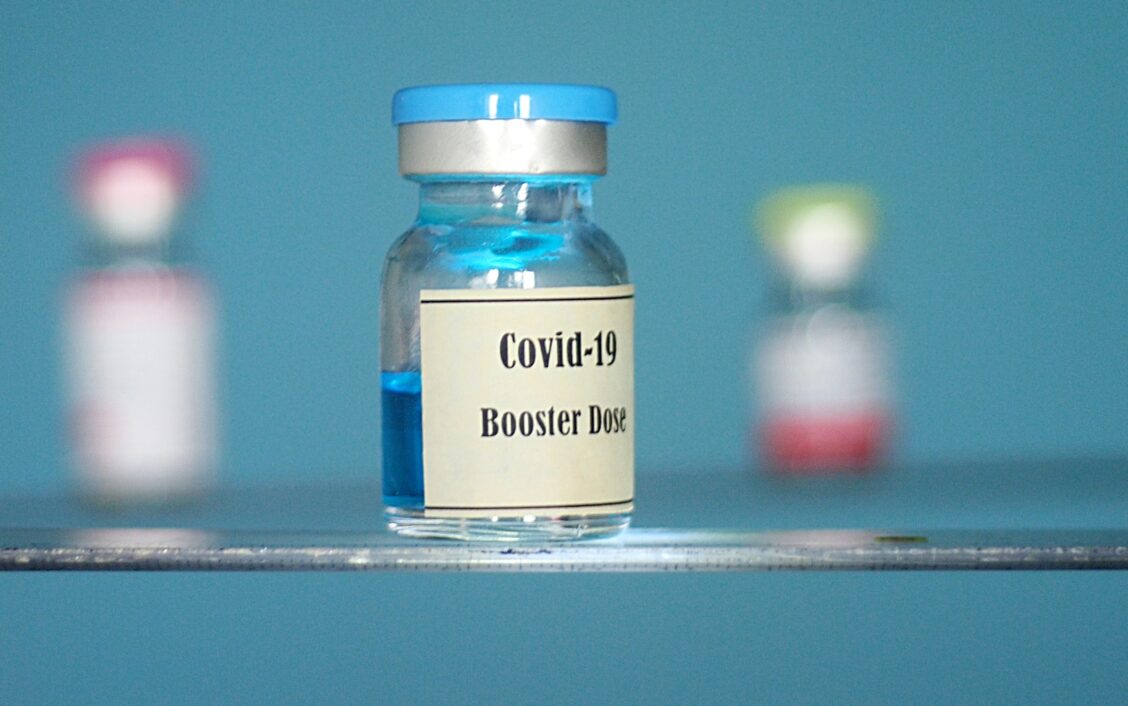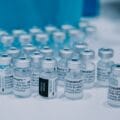Dear Patients:
Preventing illness and keeping our community safe are our goals with vaccination. While I know we all have “vaccine fatigue” and are tired of getting vaccines, as I have seen this past month, more than a dozen patients have become ill with Covid due to declining immunity. Fortunately none needed to be hospitalized, and those who had some immunity remaining and were able to take Paxlovid had fairly mild cases and recovered quickly.
There are a number of vaccines recommended this fall (influenza, RSV and Covid) to help keep us safe and well, but timing and eligibility can be confusing. I hope you will find the information below helpful. As always, don’t hesitate to call our office should you have questions regarding your individual vaccination needs. Please note that our office only carries the influenza vaccines; Covid and RSV vaccines are available at local pharmacies.
As a reminder, I personally recommend getting just one vaccine at time, and ideally spacing them out by two weeks. If you are planning to travel, you are best protected by getting vaccinated one week prior to your departure.
Influenza is still an important virus to protect against.
- In the US, influenza caused between 9 million – 41 million illnesses, 140,000 – 710,000 hospitalizations and 12,000 – 52,000 deaths annually between 2010 and 2020.
- Those with chronic illness or who are over 60 are at the highest risk for severe disease and hospitalization
- All vaccines are quadrivalent (protecting against four different flu viruses) but those over 65 years old require the high dose version to enable a stronger immune response.
- The flu vaccine is currently available at my office and I advise you to try and get it now to the beginning of October.
Covid
- We all were hoping that the next booster would be combined with the flu…well, not this year!
- The new vaccine has been updated to include the XBB variant, which is the most common variant circulating now.
- If you recently received the old bivalent booster, data indicates it helps stimulate your immune system and provides approximately 3 months of protection against the XBB variant.
- Who should get the new Covid booster when it finally drops in September? Final recommendations are pending the CDC Vaccine Advisory Committee meeting on Sept. 12th, but it is expected that the vaccine will be advised for those:
- Over 60 years old and less than 3 months from last booster
- At high risk for complications (obese, diabetic, lung disease, heart disease, cancer, or on immunosuppression)
- Pfizer and Moderna will be available, and mixing and matching brands is fine.
Respiratory Syncytial Virus (RSV) causes upper respiratory tract infections and has been around for a very long time.
- In older patients or those with chronic illnesses, RSV can cause severe disease like pneumonia.
- You may remember the bad spike we had last Thanksgiving. The RSV incidence rate is 50 out of 1000 patients, causing 60,000–160,000 hospitalizations and 6,000–10,000 deaths annually among adults over 65.
The new RSV vaccine
- Now approved for those over 60 years of age
- No vaccine is perfect and may require boosters at times
- The vaccine protects against 82-88% of RSV after one shot but drops to 56-78% effectiveness in protection for a second RSV season the following year (fall to end of spring is the typical season)
Who is most likely to benefit from this vaccine?
- Patients with chronic medical conditions such as lung diseases, including chronic obstructive pulmonary disease and asthma; cardiovascular diseases such as congestive heart failure and coronary artery disease; moderate or severe immune compromise (either due to a medical condition or receiving immunosuppressive medications or treatment)
- Those who live in nursing homes and other long-term care facilities
For more information: CLICK HERE to download a recent NY Times article. Note that although the article states you can receive all the vaccines together, I prefer to stagger them so that we don’t tax your immune system and can track your response to an individual vaccine.
Wishing you good health,
Monica D. Sarang, MD




